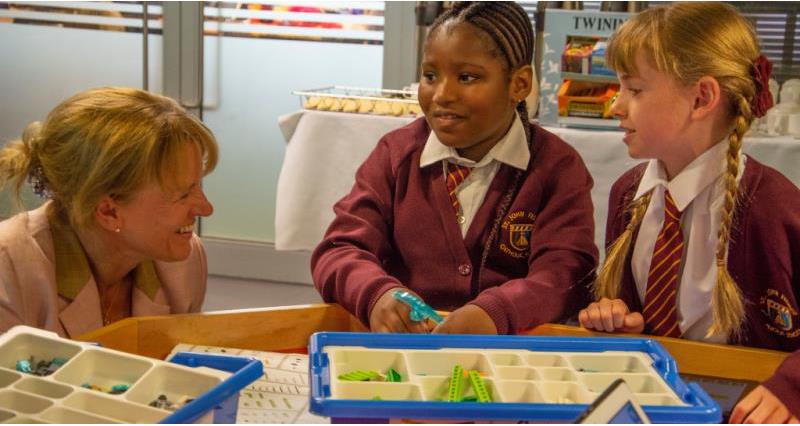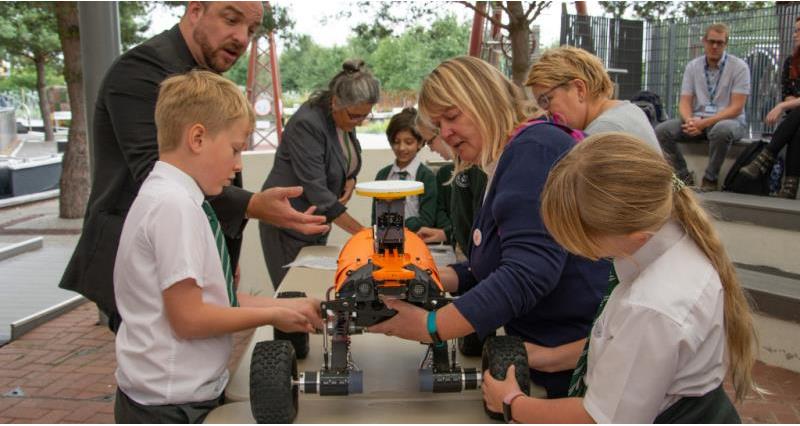Farming is quite unlike any other industry. The diversity of its roles and its reliance on technology, science and innovation means it is a hugely exciting and unique career, and no two days are the same. But these are also significant challenges. Every day farmers face new trials which must be overcome and there are still clear gaps in how we can go about solving them.
The answer lies with our children. More specifically, it lies with Science, Technology, Engineering and Maths (STEM) learning. And it is important to stress that by ‘learning’ I don’t mean sitting in front of a teacher while they write maths equations on a white board, but hands on, real-life application learning. STEM has the potential to really engage young students at a time in their life when they are developing an increasing awareness of the world around them, and shape their enthusiasm for a career that otherwise may have been overlooked.
A little over a year ago I sat at a new desk in a job role never previously held at the National Farmers’ Union. The challenge? To inspire the farmers of the future. A drive towards automation, greater precision and increased productivity will lead to a need for jobs that haven’t even been created yet, and where better to start than with the very people who will be filling them in the years to come?
I am a strong believer that learning is never exclusive to classroom. It does not have to be taught from textbooks or even in a situation that is considered a learning environment. The most effective way of learning is by applying it to real situations. The NFU recently launched a new national competition for primary schools called Farmvention, which aims to bring farming and invention together using STEM subjects. Children must overcome problem-based challenges such as designing a tractor for the future or creating an environment for laying hens, all while considering other challenges such as costs, animal welfare and practicality.

Incorporating these vital subjects into an exciting scenario such as farming provides a more creative delivery mechanism for teachers and engages their pupils, enabling them to develop key problem solving and STEM skills. This approach also offers a solution to one of the biggest challenges facing farming: reconnecting the public with their food and where it comes from. Bridging the gap between the food on our plates and the knowledge of how and where it is produced is an important step towards a sustainable food and farming industry, of which our children are the future.
So STEM isn’t just about science, or technology, or engineering or maths. It’s about all of them together and implementing them in situations that will teach children about life outside of the classroom. It’s about providing a new way for them to learn important skills, in a way that doesn’t seem like learning. It’s about challenging children to think about the future and their part in it. After all, the future belongs to them.
